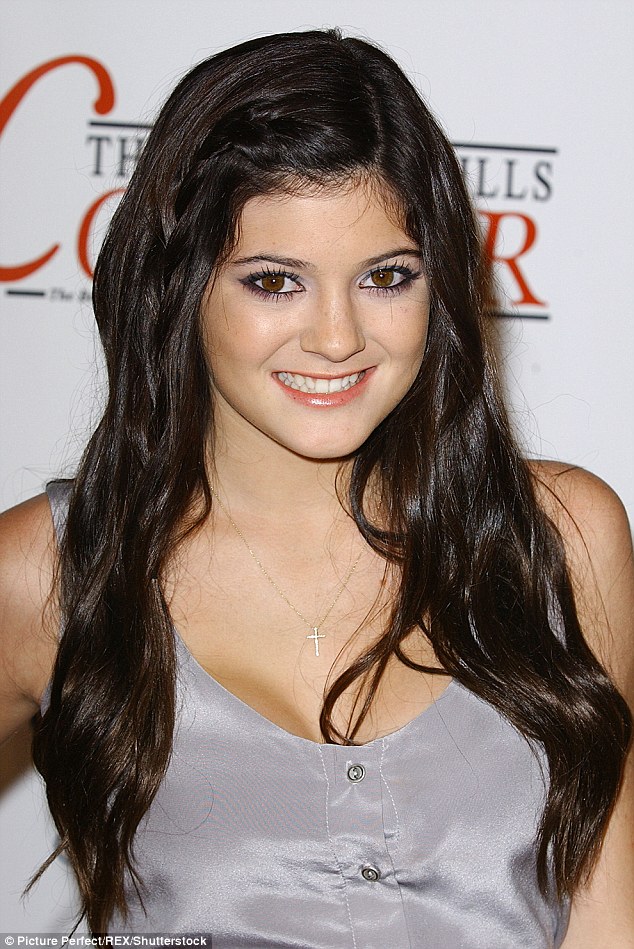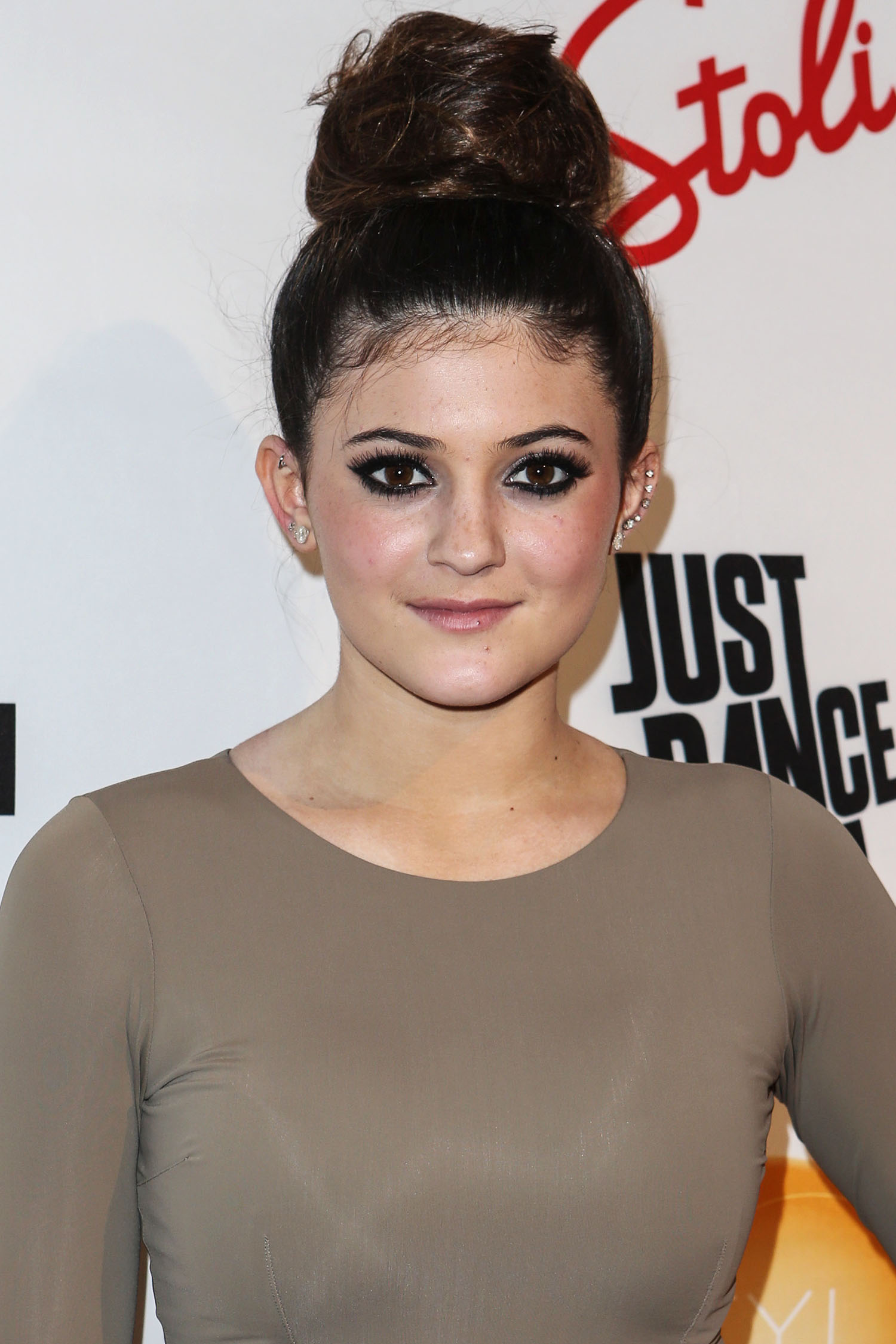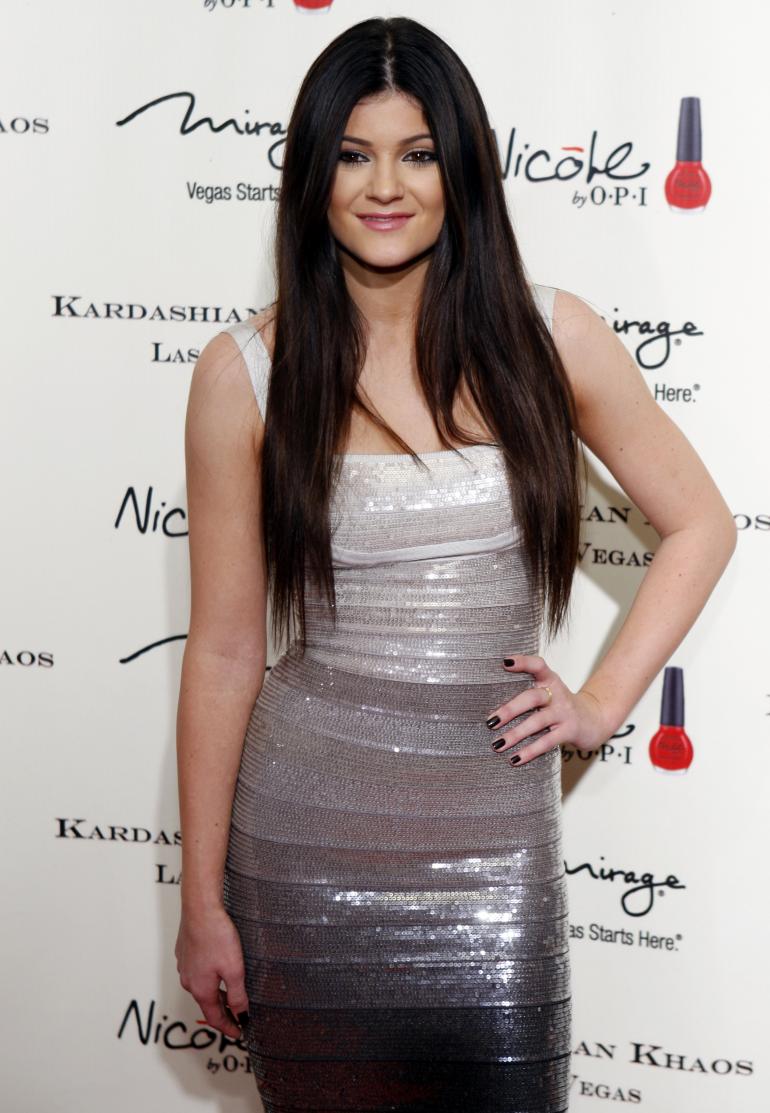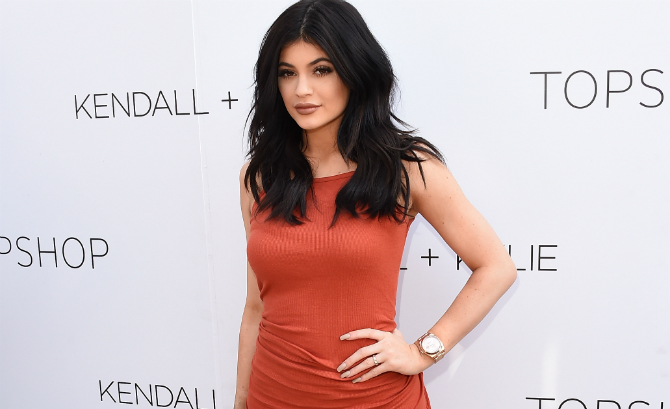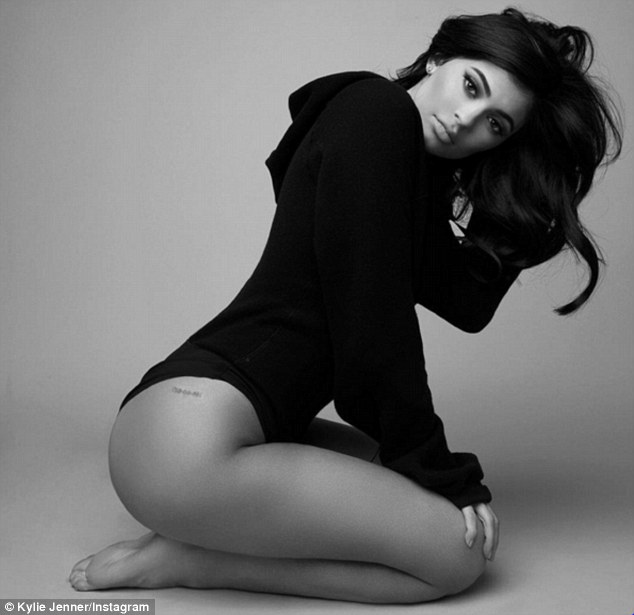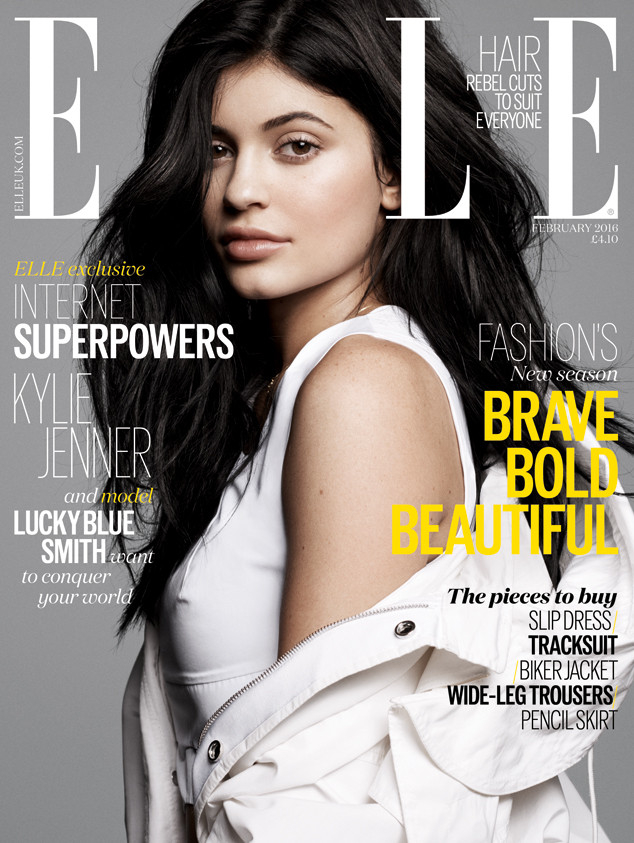REQUIEM FOR A FILM: Mean Girls
Ask any teenage girl what movie they can confidently quote from start to finish. Now go ask anyone else what their favourite “teenage” film is. Chances are, both answers will be the same; Mean Girls. Penned by the comedic duo Tina Fey and Amy Phoeler, from Saturday Night Live fame, Mean Girls is everything you want in a guilty pleasure film. You have your usual bitchy group of girls that infiltrates the new girl, making her into a plethora of pretty smiles and fake friends. The nice girl then realises what she has become, apologises, gets the guy, and all is right in girl world again.
Yes, Mean Girls is a very predictable and generic film that does not involve any sort of secret plot twist or cliff hanger. But what it did do for me was realise that even 12 years on from this landmark but average comedy, we are still obsessed with appearance. The ‘popular girls” are referred to as the plastics, a not-so-subtle reference to the transparency of the characters as people. The plastics are known to be teen royalty within the school walls, constantly commenting on their appearance and everyone else’s. Cady, the new girl, is inducted into the group, but only after she has heard the dress code for the days of the week. The scene in which Cady is given a makeover by her new narcissist friends is followed by a tracking shot of the girls powerfully walking down the hallway. The girls possess not only power, but intimidation too. A sort of intimidation that comes with a celebrity persona that is only created by popularity. Simple; people like you because you’re hot. Go figure.
In reality, social media icons such as the Kardashians rule the “canteen” just like Tina Fey’s characters did in the film. This obsession with celebrities and their looks is not new. Jean Shrimpton became a cultural icon in 1965 when she shocked the world with her appearance; she wore a tight, short dress to the Melbourne cup, horrifying the crowd of long dresses and top hats (“The Most Shocking Moments in Fashion”, 2014). Shrimpton had always been a staple in popular culture, but she truly cemented her place once she had presented herself in a shocking way. This fascination with change in appearance has seemingly increased.
Just like Cady Herron in Mean Girls, Social icon and Instagram queen Kylie Jenner faced much public attention and scrutiny once it became apparent that the 19 year old had undergone cosmetic alterations. Jenner’s lips were the talking point around the world, people became fixated, starting the challenge that made parent’s eyes roll around the world. Her popularity only seemed to increase once her face changed, with more and more people becoming aware of the youngest of the Kardashian monarchy. On my 15th viewing of the cult teenage comedy, I realised just how obsessed people are with change in appearance. It’s as if these young women dominate trends and if we don’t follow, we will simply be left behind. Cady’s makeover purpose was so she could fit in; maybe that is all we want to do, just fit in.
Mean Girl’s owes its success to its sharp, quick-witted dialogue that has subtitled a generations upbringing. Quotable lines such as “your mom’s chest hair” and “is butter a carb” have become ingrained in our memories like a religion. A religion of simple minded, narcissist girls that provide a perfected fantasy to what we want to become. Yes, I am very much generalising, but just look at miss Jenner’s follower count, the proof is in the pudding. Good looks equal popularity, and to gain popularity, you have to change your appearance into a more socially accepted way.
The writing is fantastic, with Fey and Phoeler’s strong reputation for being comedy’s frontwomen in the usually male dominated genre, living up to the hype. Each individual character plays an important role, cleverly representing the different ‘cliques’ that can be seen in a socially aware environment like high school. My high school never had a group of plastics, but there were people who were popular than others. These people were nearly always attractive and possessed a certain confidence that I could never quite develop. I guess the confidence in high school or even life, is like boobs, things I couldn’t quite properly develop either.




